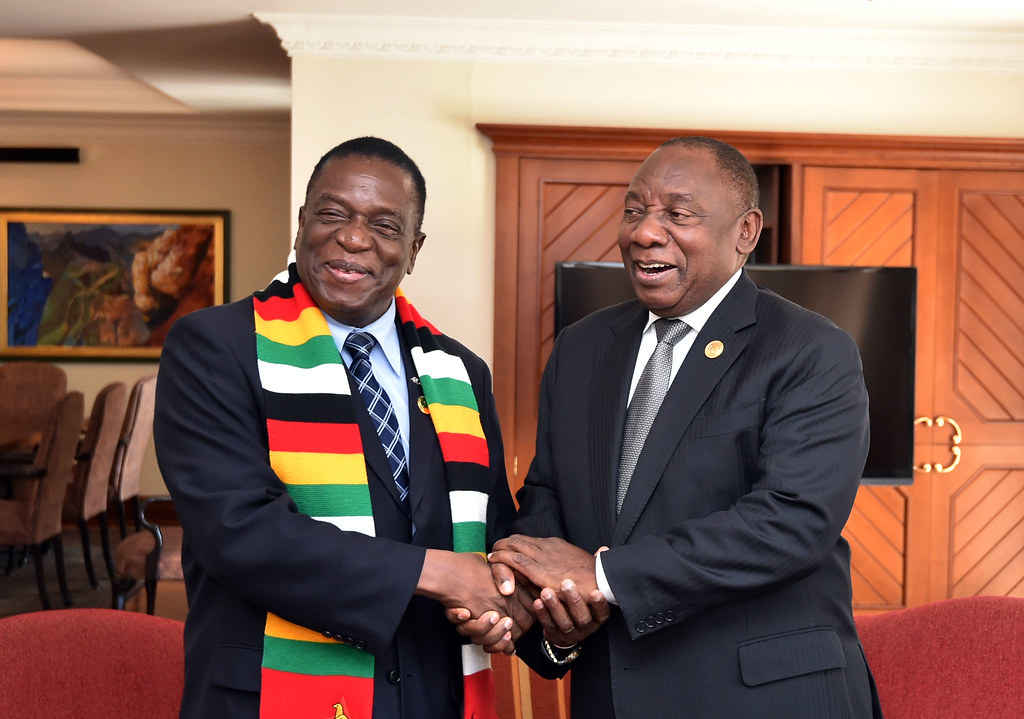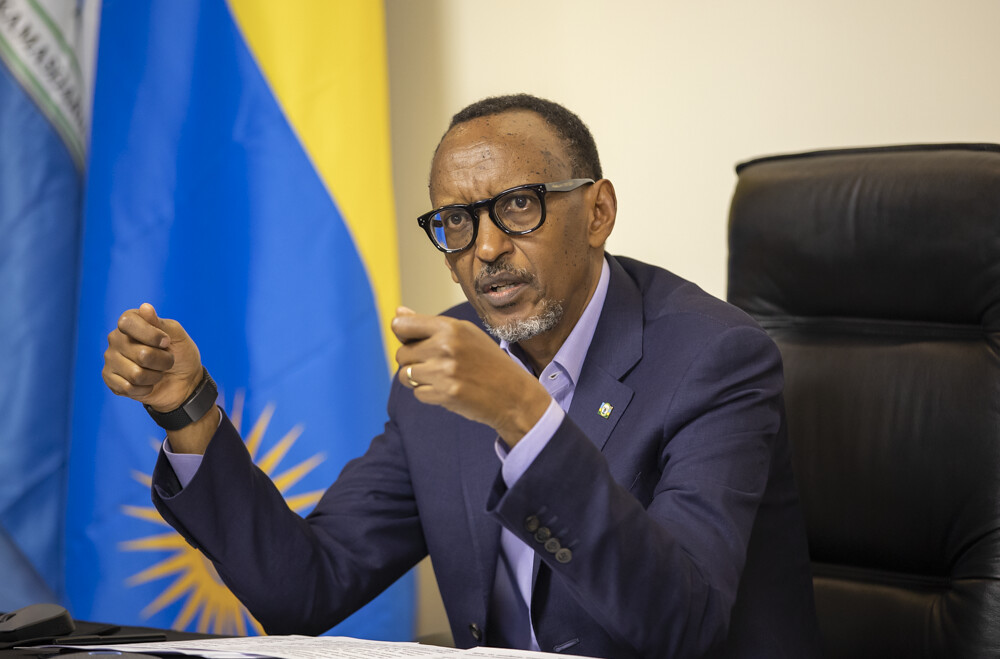By Khadija Yusra Sanusi
In a 2018 review of Marvel’s “Black Panther,” I published as a student journalist for the American University of Paris’s Peacock Plume, I wrote: “Black Panther is a representation of everything that I stand for. Strong, black women leading the world; an African country that does not need “donations” from former colonizers; a country in which cultures from every corner of the continent are represented; Africans wanting to come back ‘home’ even though the mainstream opinion of outsiders is that Wakanda is a third world country that is only rich in “textiles, shepherds and cool outfits.”
I spoke about having Disney’s Pocahontas as my favourite TV character as a young girl – not for her determination, her strength, or her stubbornness, but for the fact that she looked like me. It took me ten years to realize that she “wasn’t my type of black”; she was Native American, not the African I had imagined her to be. My disappointment over her heritage and background was repressed by the release of Black Panther, which introduced many strong female characters who were unequivocally and proudly Africans and children of the soil – women like Nakia, Okoye, and Shuri. I concluded with: “I am so overjoyed that my sisters are growing up in a world where people who look like them are ruling the world. Nakia (Lupita Nyong’o) saves some of the 276 schoolgirls who were kidnapped in our home country, Nigeria, in 2014; Okoye (Danai Gurira), a female soldier, is the greatest warrior in the country; and Shuri (Letitia Wright) is the smartest tech genius in the history of television.” And these are not just fictional characters; African women are – and have been since the beginning of time – nothing short of extraordinary.
In 895 CE, in a city called Fez, which is now located in Morocco, Fatima bint Muhammad Al-Fihriya founded the first university in the world, the University of Al Qarawiynn. The university grew from a large mosque to a place of education and in 1963, it became a state university. Today, the university awards degrees in Islamic, religious, and legal sciences with a focus on classical Arabic grammar and linguistic and law. The University of Al Qarawiynn is the oldest existing higher institution in the world, making it the first to award degrees in Islamic studies, mathematics, grammar, and medicine. In an essay for TRTWorld, Ufuk Necat Tasci wrote: “Al Fihri’s idea was to create a space where bright philosophical and scientific minds could assemble for advanced learning and spread their knowledge throughout the world in the Middle Ages. That is exactly what happened. The university left a blueprint, and as a result of it, passed on a structure of learning that has been emulated by Europe during the founding of its oldest institutions in successive centuries, including the University of Bologna (founded in 1088) and the University of Oxford (founded in 1096).”
Centuries later, in nineteenth-century Sokoto Caliphate, in what is now Northern Nigeria, Asma’u bint Shehu Usman dan Fodio (popularly known as Nana Asma’u) was gathering students of her own. She was the daughter of Shehu Usman dan Fodio, founder of the Sokoto Caliphate and as a poet, Islamic scholar, and educational leader herself, she used her writing to help him achieve of the mission of inspiring more converts to Islam. This was done by differentiating religion from cultural practice and helping new converts practice orthodox Islam. Nana Asma’u’s early childhood education was facilitated by scholarly women in her family and in her adult years, she reformed that tradition of having women as the first teachers of Islamic religious studies. She established yan taru (meaning disciplines), a school of female teachers who improved Hausa women’s education by travelling to rural areas and educating them. This concept of making education user-friendly and reachable to women is used in different parts of the world today.
But African women are not just remarkable in academia; they have also been key players in politics – whether it was Funmilayo Ransome Kuti who stood up to colonialists during colonization or Kudirat Abiola who lost her life fighting for democracy. In recent times, young African women have been strategically placed in political seats as ministers and given the power to revolutionize their countries. In September 2018, Kamissa Camara became the Foreign Minister of Mali, making her the youngest minister at the time and the first female to hold the position in the country. Camara has since announced that “politics, democracy, security and good governance are the essence of my work, reflections and publications” and has announced that she hopes to build political and intellectual bridges between sub-Saharan African and the United States and Europe. She has also helped transform the foreign policies of Western countries with African considerations. Camara holds a master’s degree in International Economics and Development, is a fellow with the Center of African Studies at Harvard University and with Focus Policy Interrupted and founder and co-chair of the Sahel Strategy Forum (SSF), which hopes to shed light on the intricacies of governance in the Sahel. As an expert in African politics – with a concentration on the Sahel and West Africa – Camara is currently the Senior Visiting Expert for the Sahel at the United States Institution of Peace and the Director of External Affairs and Africa Policy at Tony Blair Institute for Global Change.
In 2018, too, President Mokgweetsi Masisi of Botswana appointed Bogolo Kenewendo as the Minister of Investment, Trade and Industry, serving as the country’s youngest minister; she was 30 years old at the time. Before that, she had served as a Specially Elected Member of Parliament, and as a trade economist in Ghana’s Ministry of Trade and Industry. As a member of the Parliament, she was a strong advocate for women and children, fighting vigorously for the representation of women across all sectors and also worked tirelessly on the digitization of business registration. Passionate about development, poverty eradication, reducing inequalities and empowering women and youth, Kenewendo shared her plans of founding a virtual community for African youth to interact and share experiences – a project that would work hand-in-hand with Molaya Kgosi Trust – her women’s leadership and youth empowerment school programme. This programme was inspired by a forum on young, African women leaders, which was hosted by Michelle Obama in 2011 and has since worked on promoting intergenerational dialogue on careers and leadership, and provide mentorship opportunities to young women. When she was asked to give advice to young people, she simply said: “Step up your game. If you look at history closely, you will realize that youth leadership in Africa is not new. Most revolutionaries were young people.”
There is much to say about women’s political leadership in Africa and in Black Panther. King T’Challa, or Black Panther (Chadwick Boseman), was surrounded by strong, influential women. Like every African king, political leader and hero, his leadership was significantly supported by the women around him – Nakia, Okoye, Shuri and the Queen regent Ramonda (Angela Bassett). As a dark-skinned African girl, this means more to me than watching Aurora, Snow White and Fiona being awakened by a true love’s kiss. It means representation; it means recognition; it means acknowledgement. Most importantly, it means hope; it means that one day, women will be recognized as the true power behind African Leadership.


